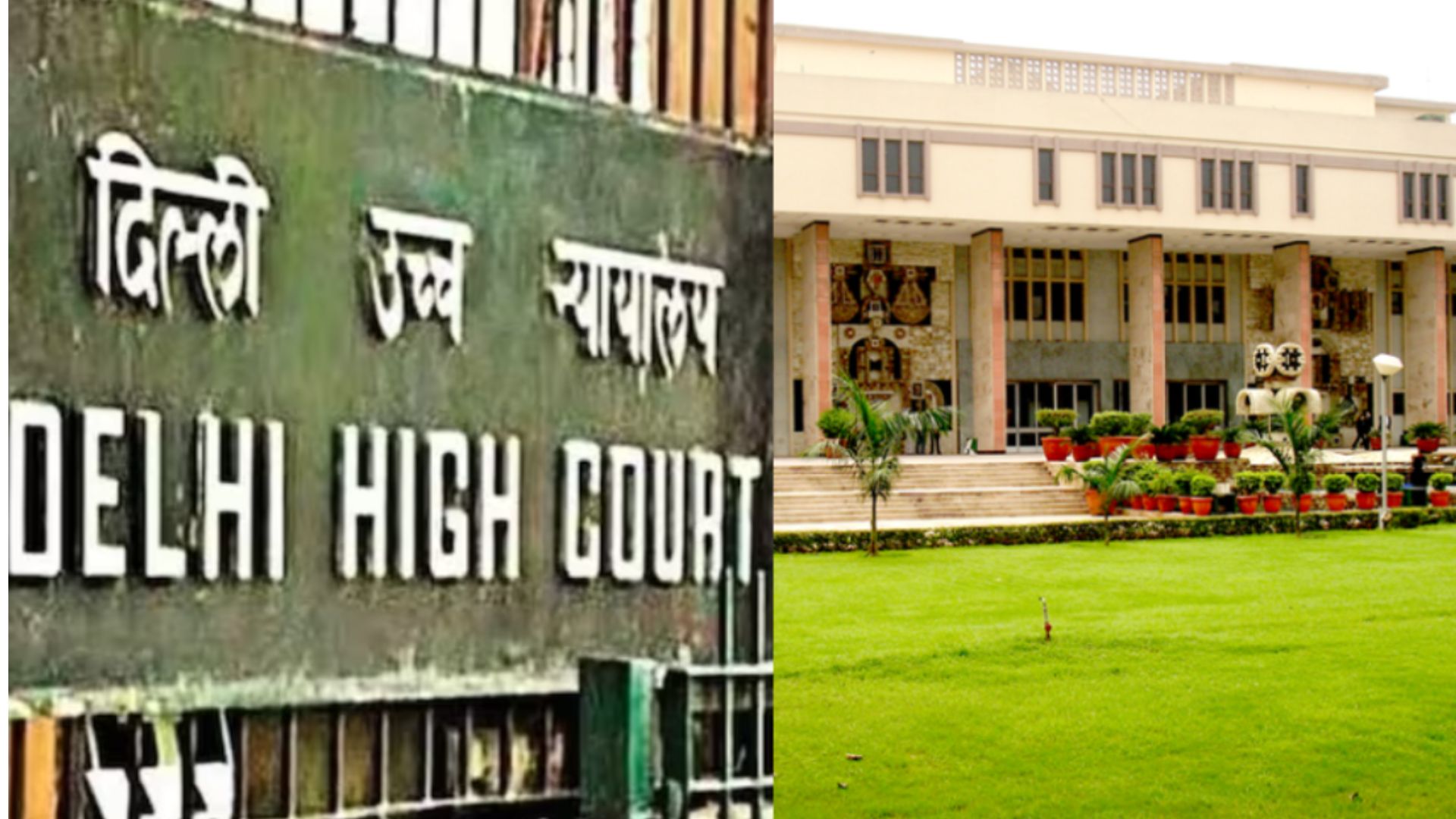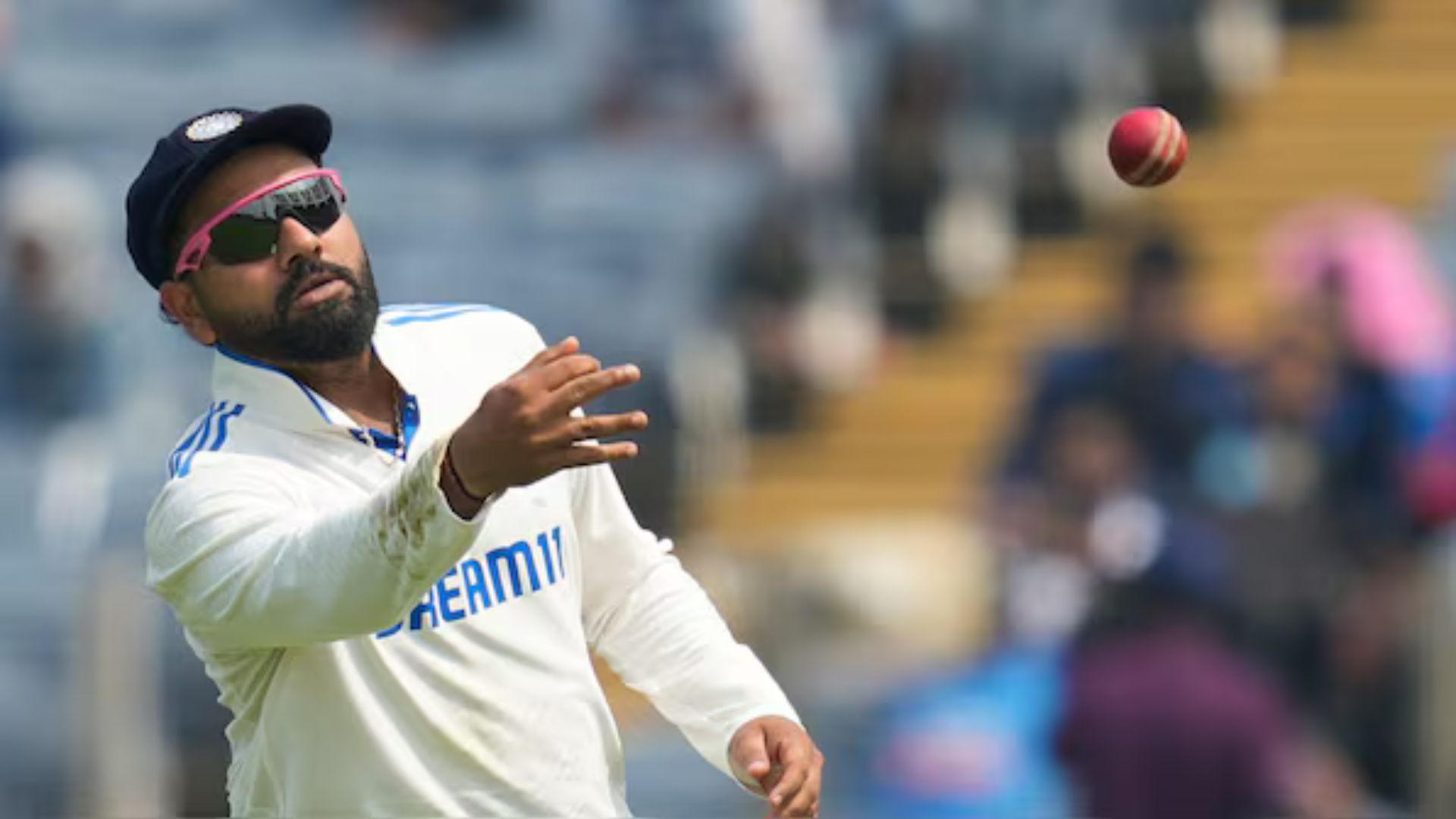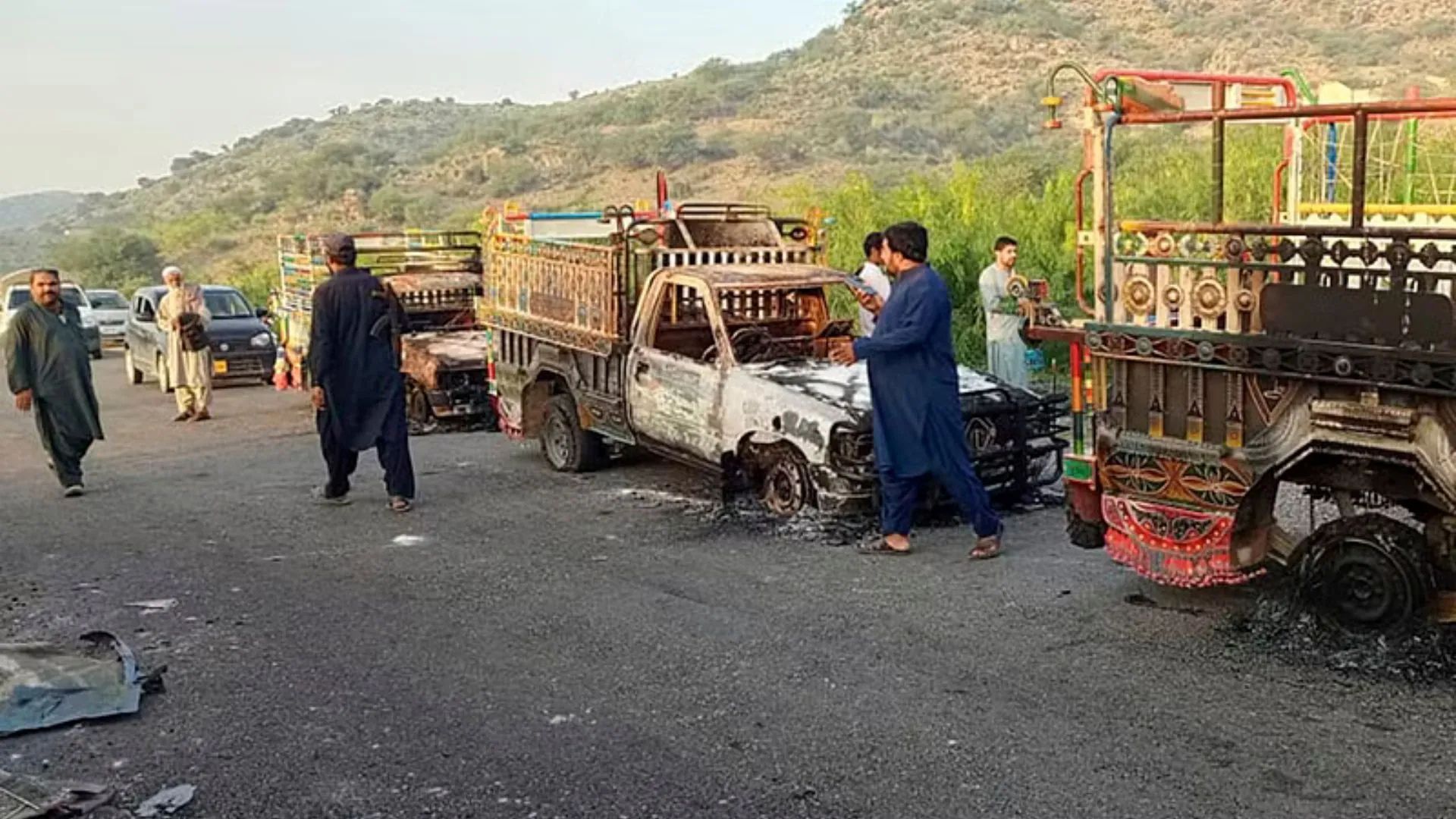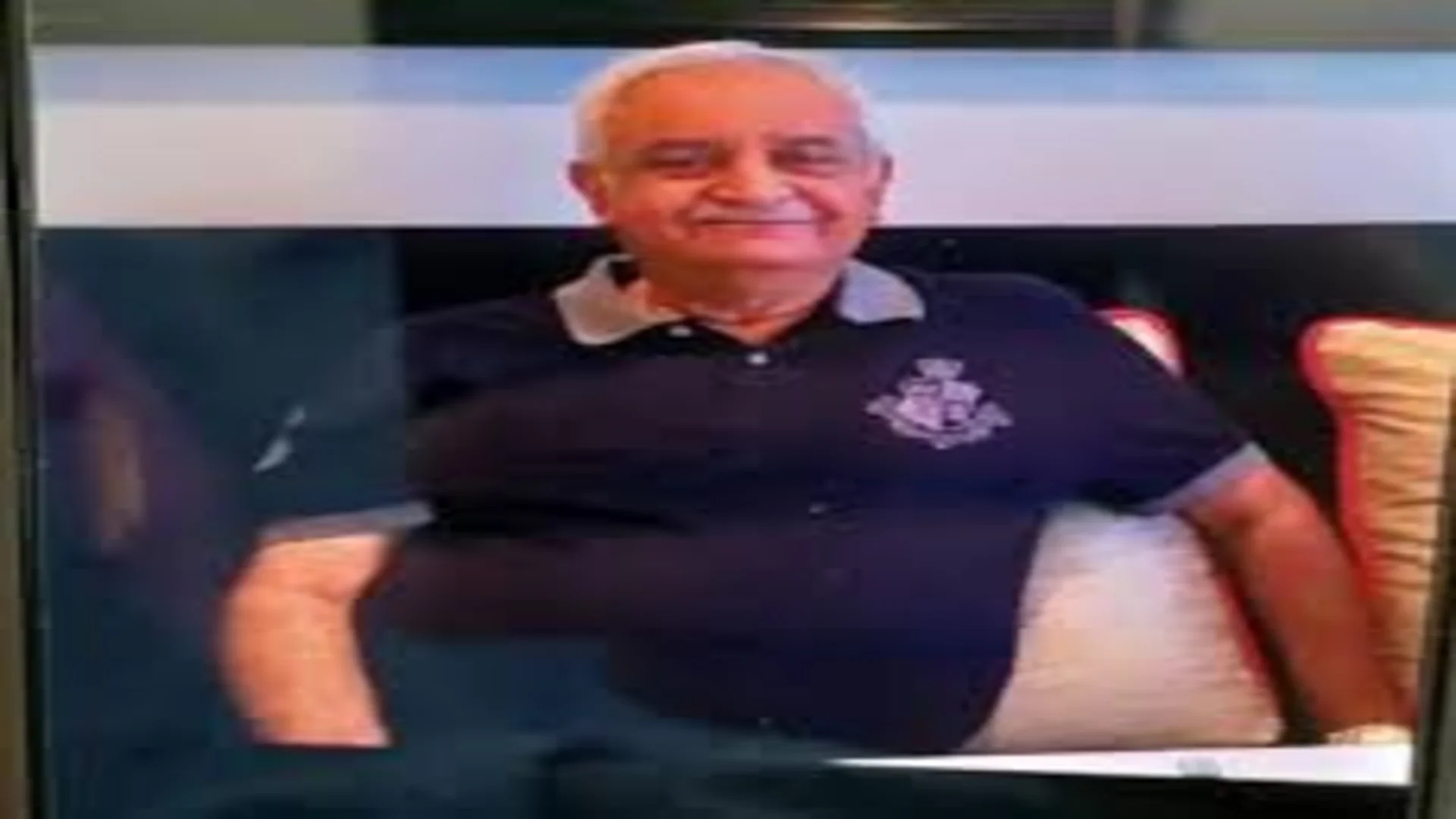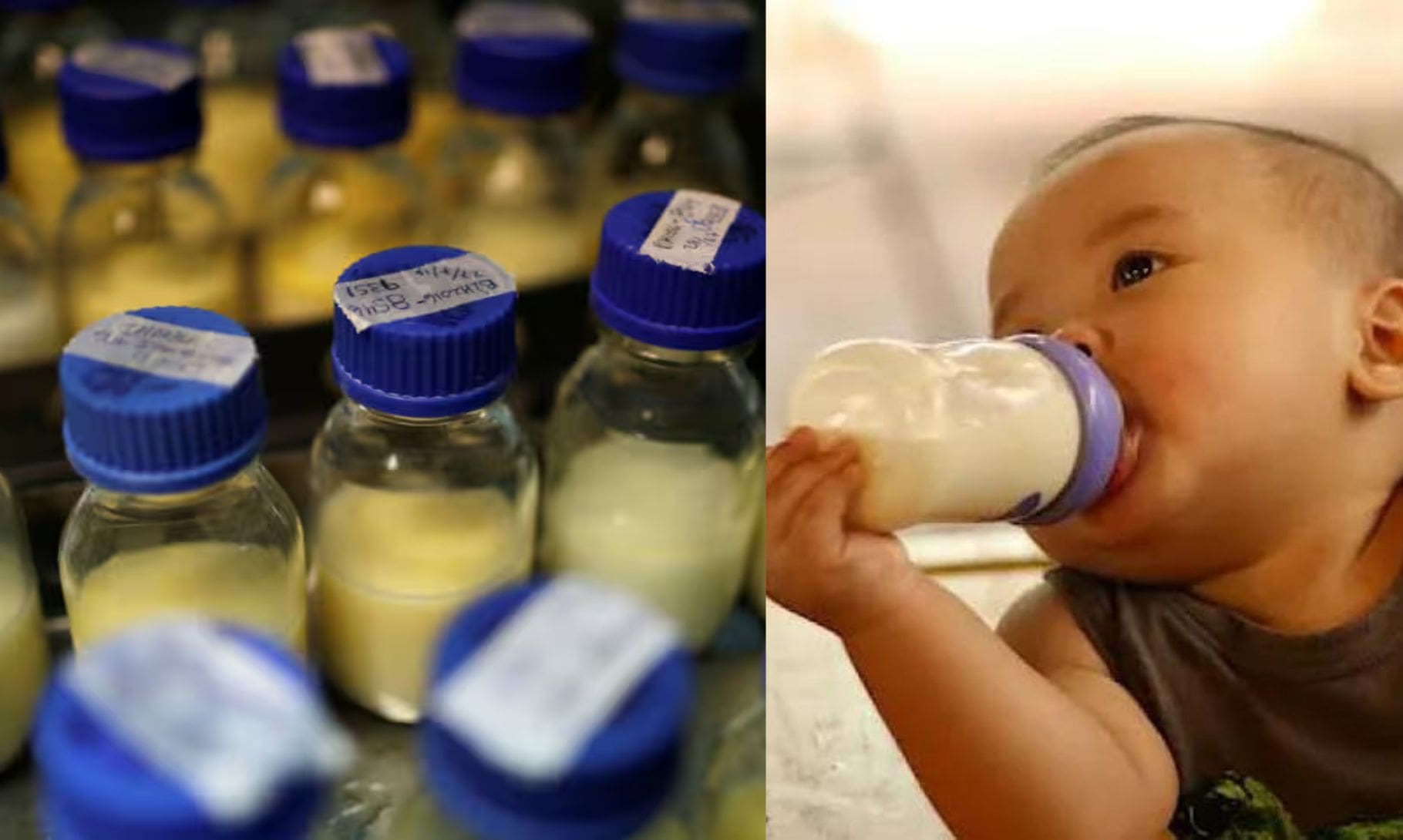
When a Pakistani scholar, Mohammad Munawwar learned about a new milk bank for babies in Karachi, he felt relieved. His wife was very ill, and their premature son Ayan was in the hospital. Munawwar had been collecting breast milk from female relatives several times a day. However, his relief was short-lived. The milk bank, which had been planned for over a year, closed before any milk could be used due to complaints from Islamic clerics.
Dr. Jamal Raza, the head of the Sindh Institute of Child Health and Neonatology (SICHN), collaborated with UNICEF to create Pakistan’s first milk bank. Despite extensive discussions with religious leaders from Jamia Darul Uloom Karachi, the seminary withdrew its support, claiming the hospital could not meet their strict conditions.
The main issue was the Islamic kinship rule, which forbids marriage between a baby and the children of a woman who breastfed them. While milk banks in other countries mix donations from multiple mothers, Dr. Raza said they planned to limit donations to one mother per child to comply with the original religious approval. Despite this, the seminary still objected.
Sindh’s health minister, Dr. Azra Pechuho, argued that keeping track of donors and recipients would be easy with a proper digital system. She stressed the importance of milk banks in saving premature babies’ lives. Dr. Hassan Jabbar, a neonatal doctor, highlighted the difficulty of feeding premature babies and said formula is not a suitable replacement due to health risks.
Dr. DS Akram, a leading pediatrician, noted that breast milk protects premature babies from severe infections like necrotizing enterocolitis, which has a high death rate. Dr. Pechuho emphasized that milk banks are crucial for lowering Pakistan’s high neonatal mortality rate of 42 per 1,000 live births.
The closure of the milk bank has left babies like Ayan relying on expensive and risky formula. Munawwar expressed concern about the financial burden, as a tin of formula costs 2,600 rupees and lasts only six days. In poorer communities, people often dilute formula to make it last longer, leading to malnutrition and other health issues.
Despite laws promoting breastfeeding, formula milk marketing continues to affect breastfeeding rates in Pakistan. Only 48% of Pakistani mothers exclusively breastfeed their babies, compared to higher rates in Bangladesh (65%) and India (64%).
Dr. Pechuho plans to seek help from the Council of Islamic Ideology to make the milk bank project Sharia-compliant. The need for milk banks is crucial to improving neonatal health and survival rates in Pakistan.


